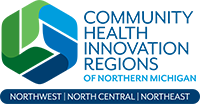
Substance use disorders are a disease of the brain. While it can be difficult to stop using drugs because of the way drugs impact our brain circuitry, substance use disorders are a treatable disease and recovery is possible. Yet, individuals who have substance use disorders are more likely to be punished than receive needed medication and treatment. Needed medication and accessible, affordable treatment can be difficult to find. And, with substance use disorders experiencing some of the highest levels of stigma, individuals often refuse to share if they are struggling with their substance use and avoid seeking needed help and treatment because of the shame and blame. Today’s resources were selected because they help to bust some of the myths about substance use disorders and promote an awareness of substance use disorders as a disease.

Do You Want To Learn More? Check Out These Additional Resources:
Substance Use Disorder in Northwest Michigan
Watch the Substance Use Stigma Reduction Campaign video created by the Behavioral Health Initiative’s Action Team, Reduce Stigma Against Substance Use Disorders to learn about local residents’ experience of stigma and isolation in the region.
Why Are Drugs So Hard to Quit?
This animated video describes how drugs affect the brain, how addiction happens, and why quitting can be so difficult.
Spread The Word!

Community Resources:
Thank you to our 2024 sponsors:
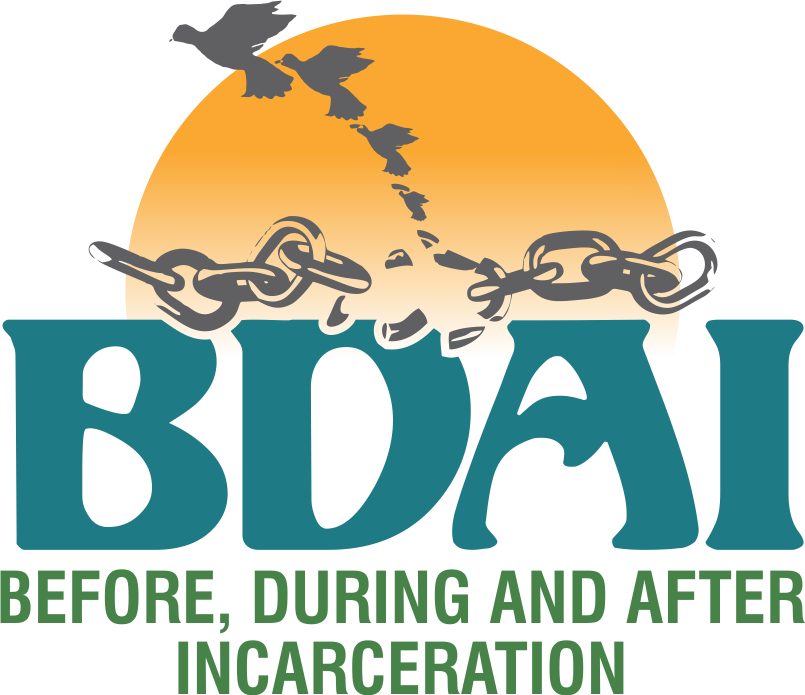
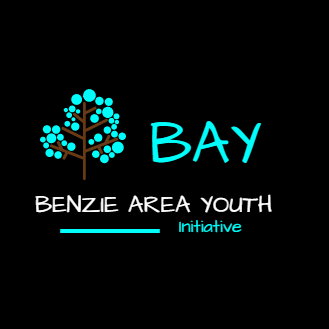
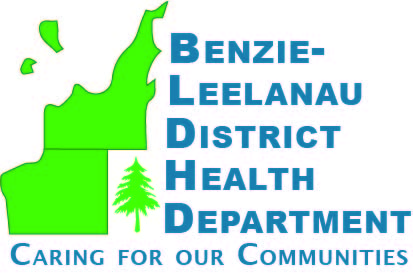
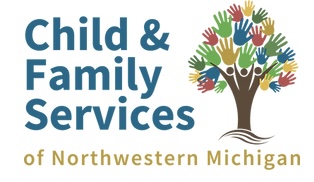

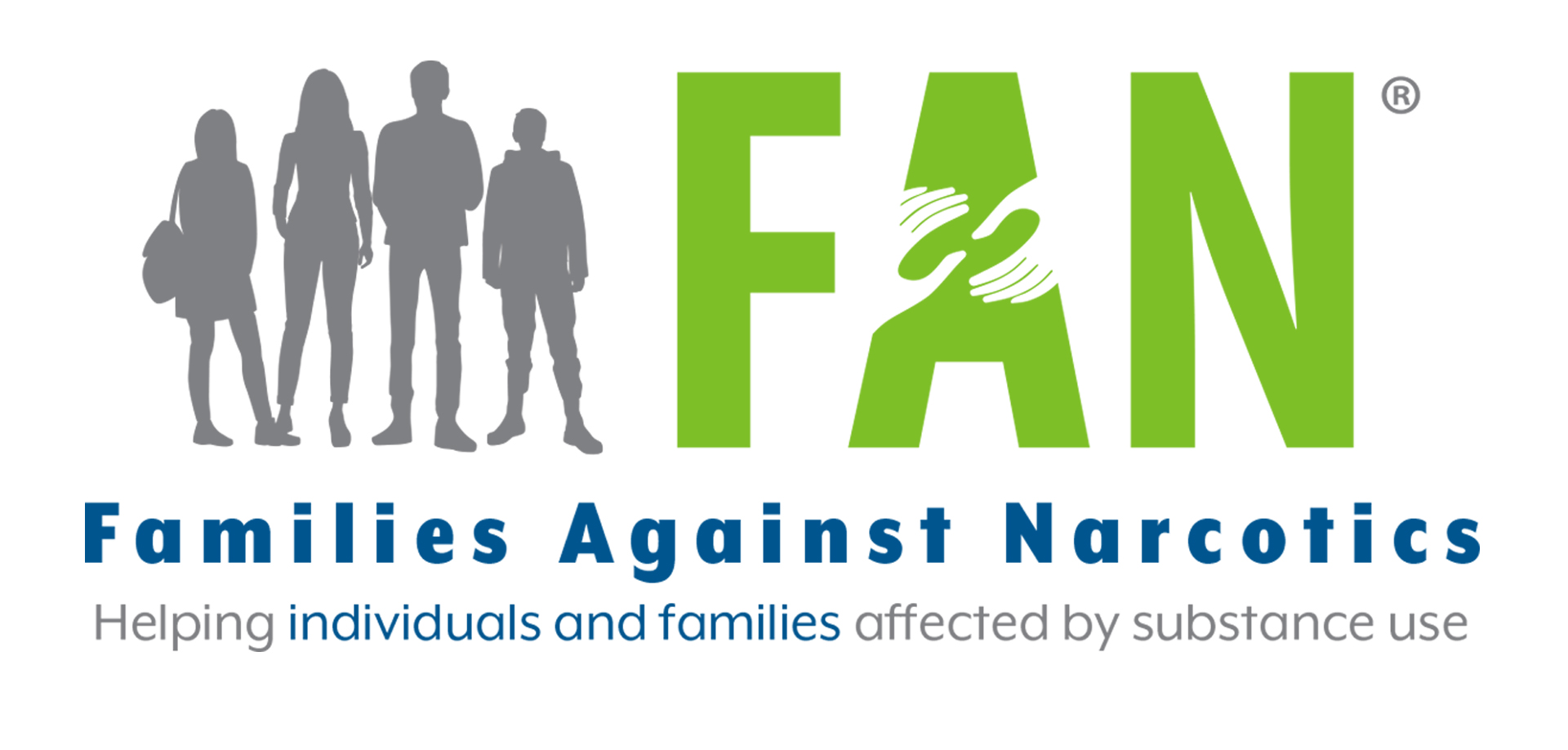


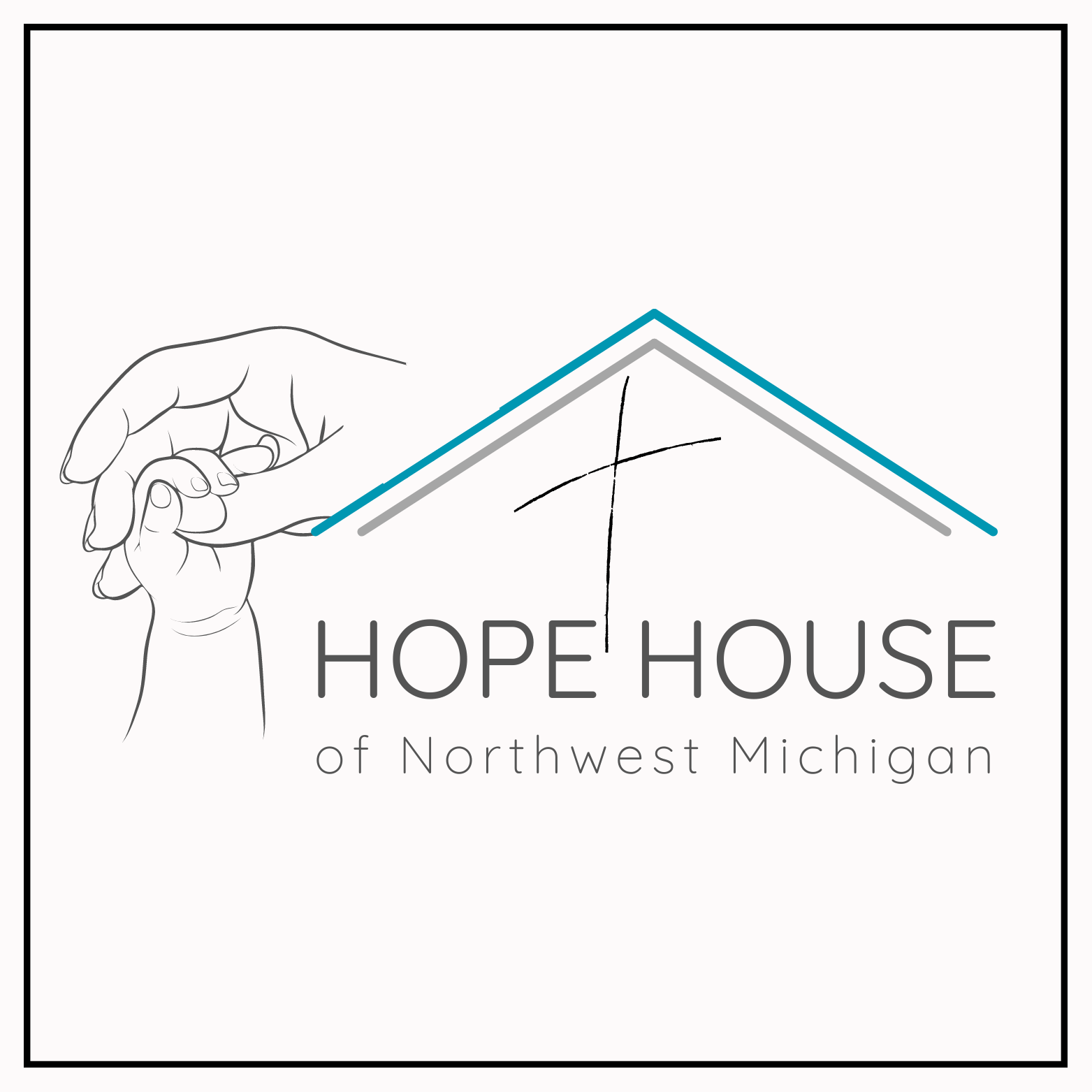
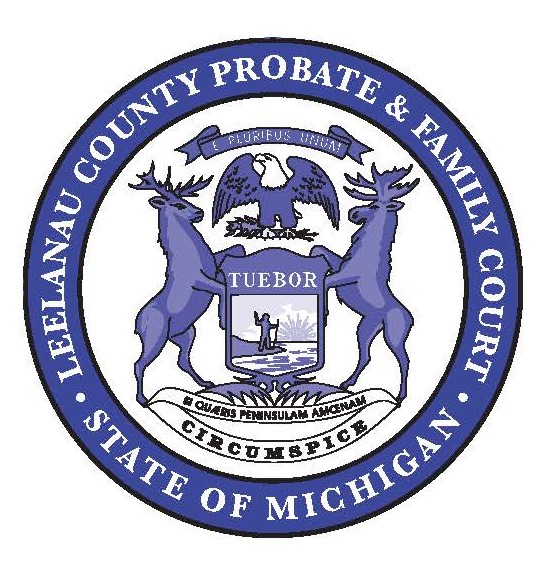
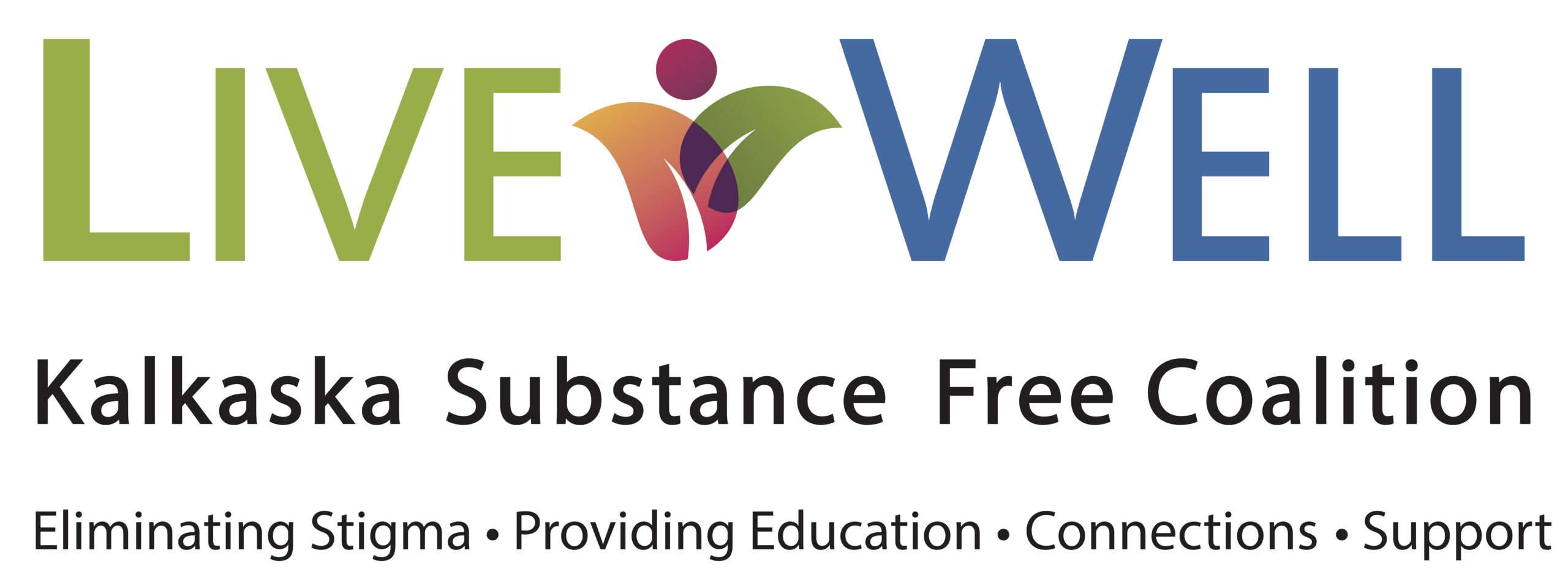


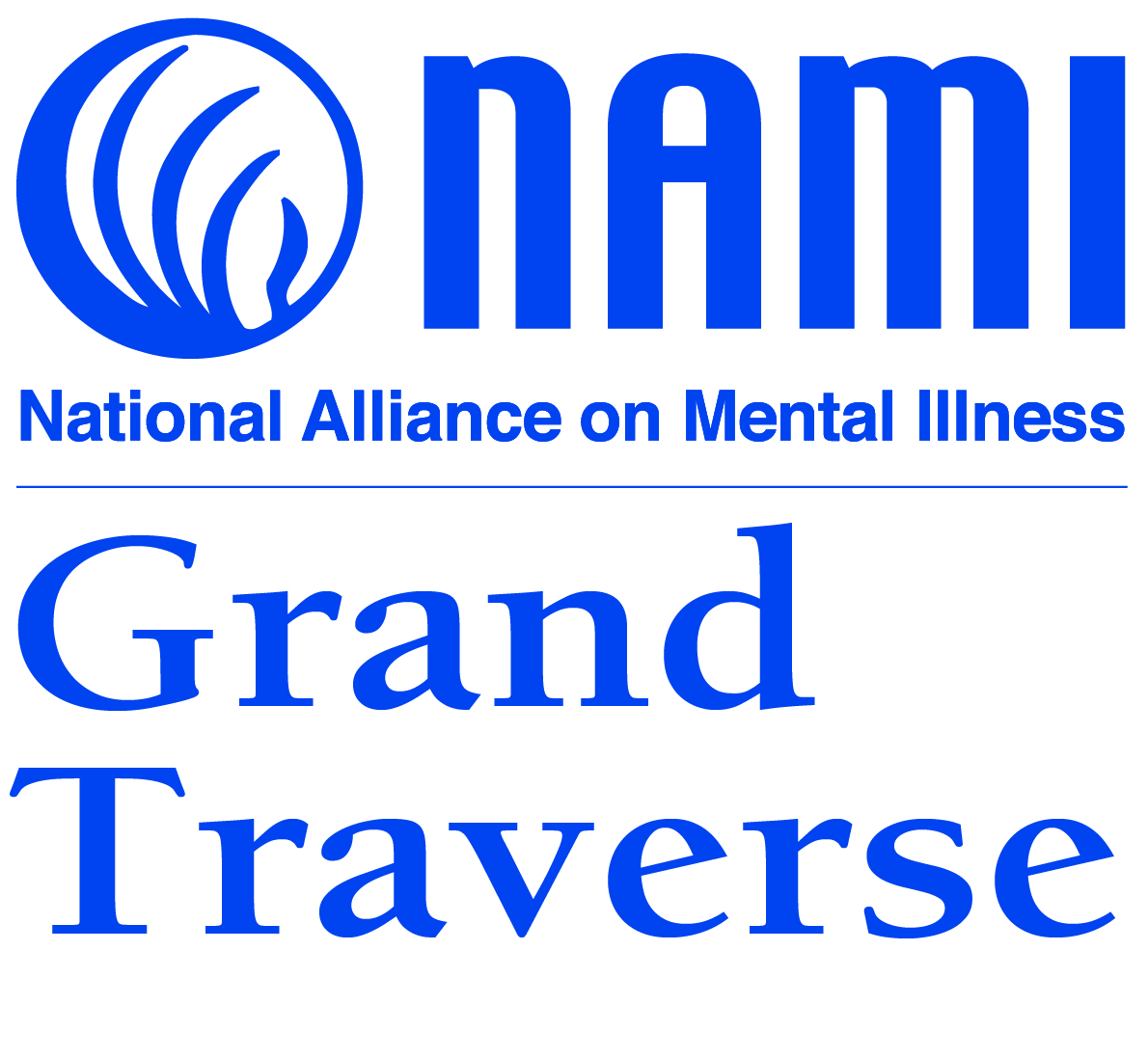



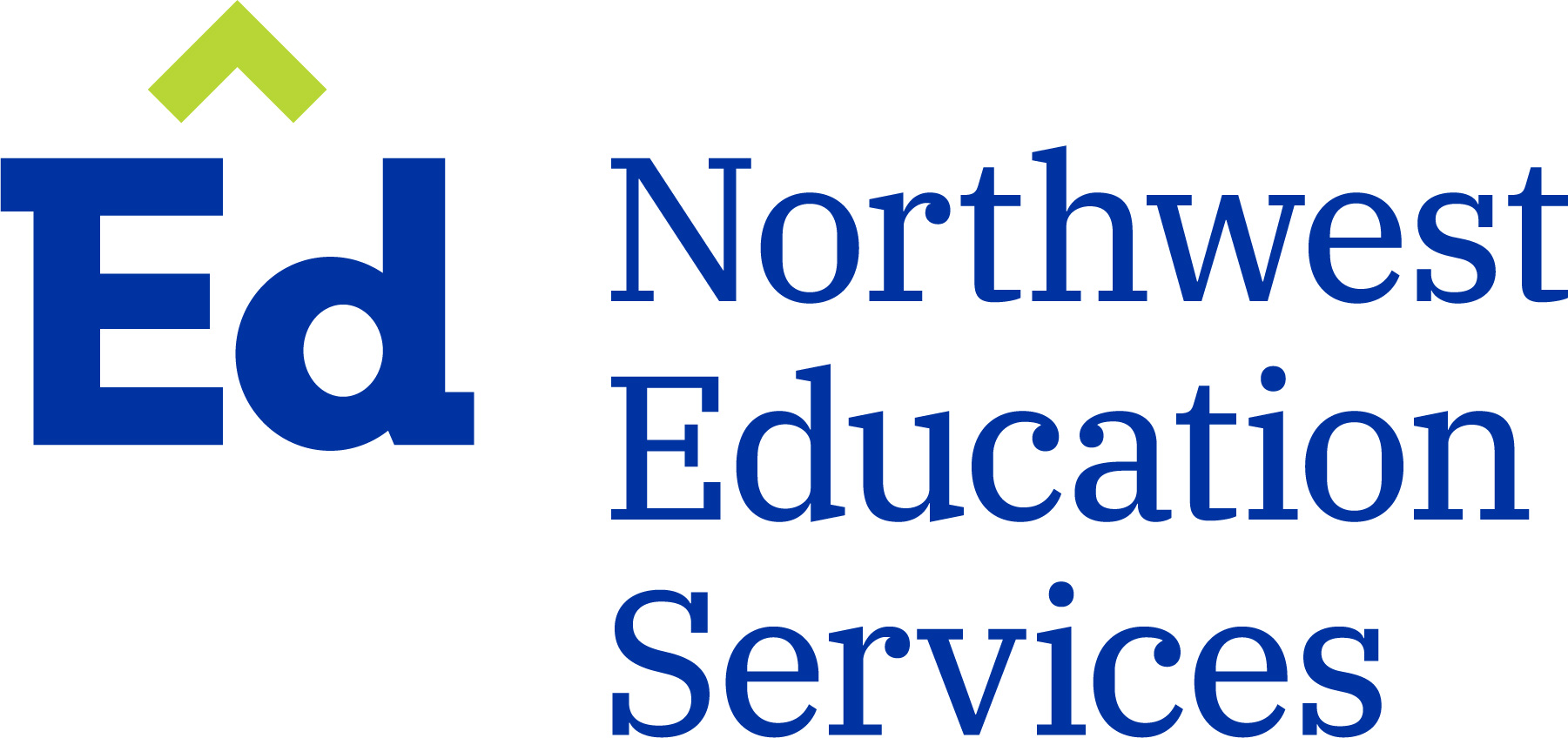
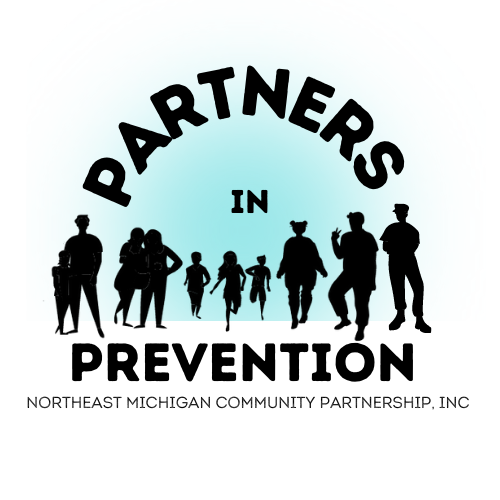


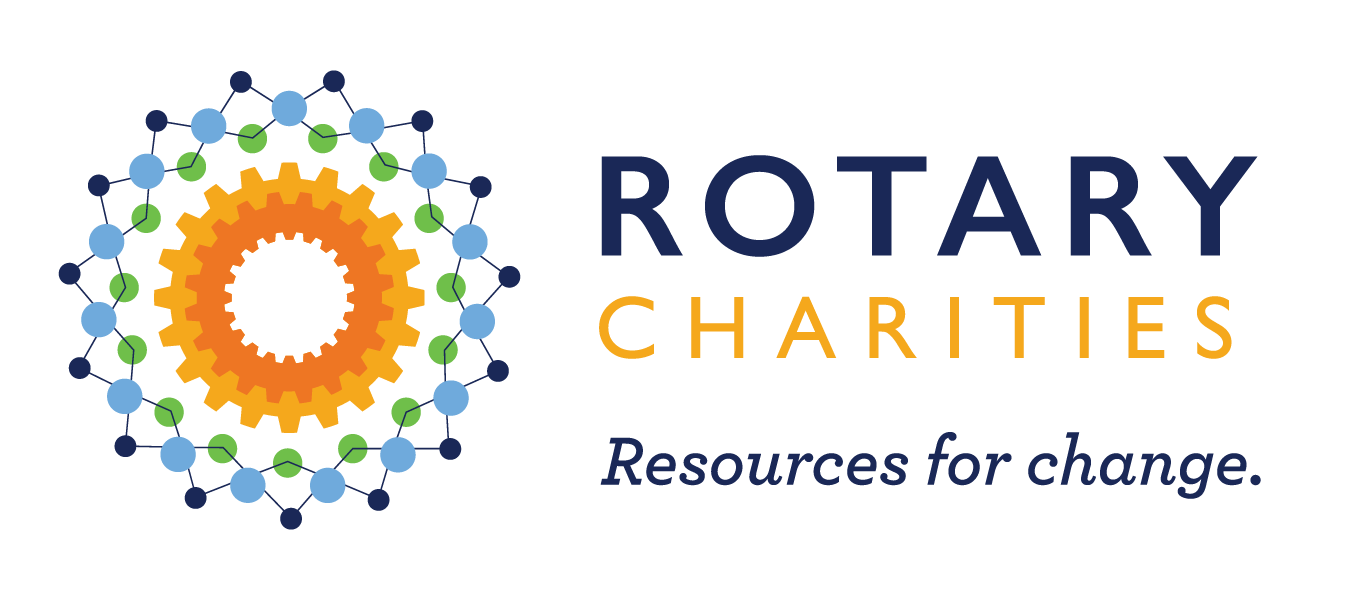



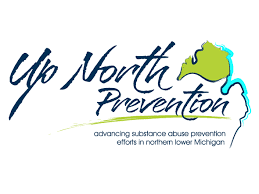
![]()
